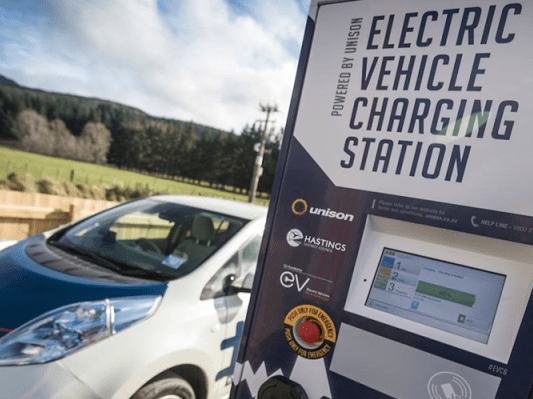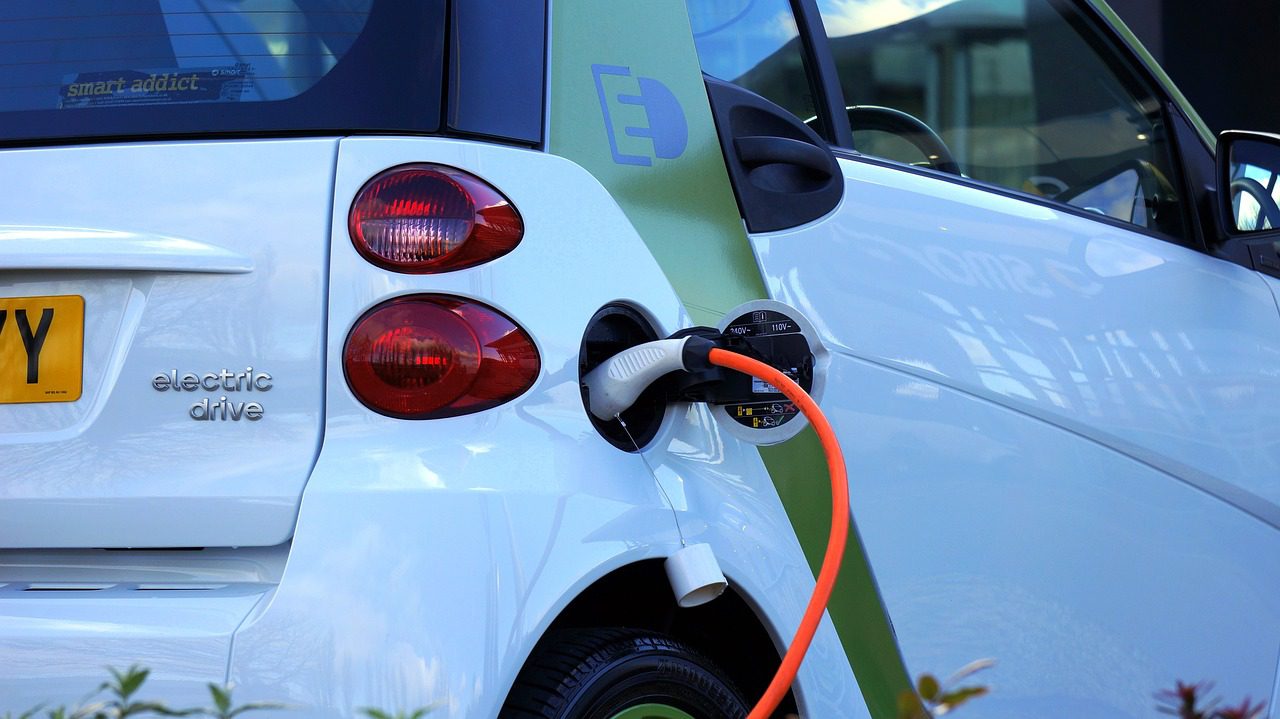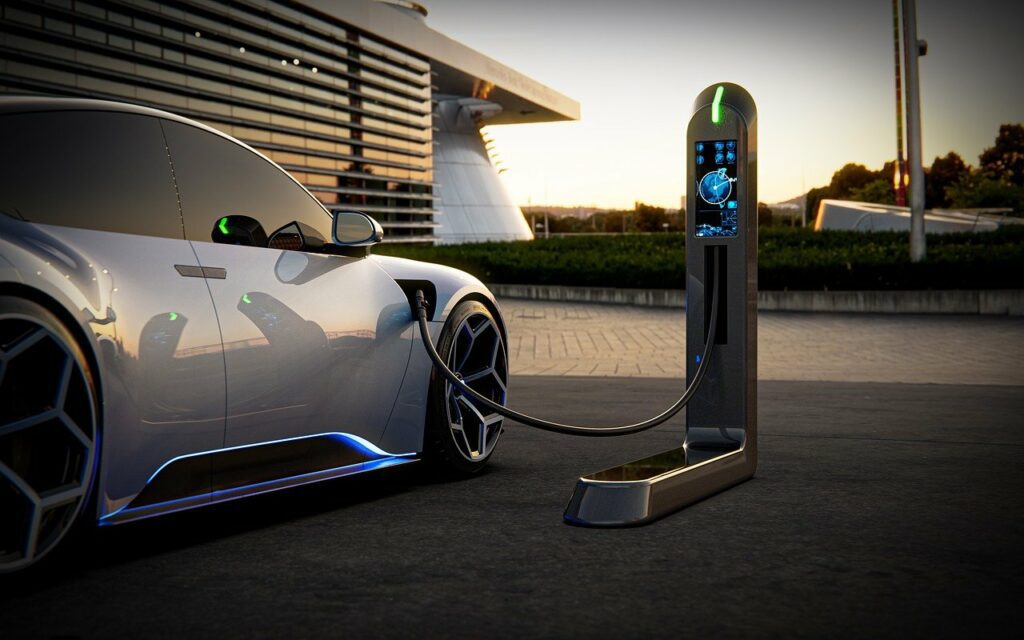Introduction
The growth of electric vehicles (EVs) in recent years has increased the demand for electric vehicle charging stations. With the increasing number of electric vehicles on the road, EV charging stations have become essential for electric vehicle owners. EV charging stations are facilities that supply electric energy to recharge the batteries of electric vehicles. This article provides an overview of the different types of Electrical Vehicle chargers, their speeds, and their benefits.
Types of EV Chargers
There are three primary types of electric vehicle (EV) chargers, Level 1, Level 2, and DC fast chargers. These chargers differ in their charging speeds, power output, and plug types.
- Level 1 Chargers
Level 1 chargers use a standard 120-volt AC outlet and provide a charging rate of about 4-5 miles of range per hour. Level 1 chargers are the slowest chargers and are typically used for home charging. - Level 2 Chargers
Level 2 chargers use a 240-volt AC outlet and provide a charging rate of about 20-25 miles of range per hour. Level 2 chargers are faster than Level 1 chargers and are typically used in public charging stations, businesses, and homes. - DC Fast Chargers
DC fast chargers use a DC power source and can provide a charging rate of up to 350 kW, which can charge an EV to 80% capacity in as little as 20-30 minutes. DC fast chargers are the fastest chargers and are typically used in public charging stations. - Plug Types
Electrical Vehicle chargers can also be categorized based on the plug type. The J1772 plug is the standard plug for Level 1 and Level 2 chargers in the US, while the CCS and CHAdeMO plugs are used for DC fast charging.
Benefits of EV Chargers
The benefits of electric vehicle (EV) chargers are numerous. Let’s look at some of the main benefits.
Reduced Dependence on Fossil Fuels
EV chargers help reduce our dependence on fossil fuels. Electric vehicles use electricity, which can be generated from renewable sources like solar, wind, and hydro. Using renewable sources of energy helps reduce greenhouse gas emissions and improve air quality.
Lower Operating Costs
Compared to traditional gasoline-powered vehicles, electric vehicles incur lower operating costs. EV charging stations can help save on fuel costs, and many EV charging providers offer lower rates during off-peak hours.
Increased Convenience
Electrical Vehicle chargers provide an added convenience for EV owners, allowing them to charge their vehicles at home, work, or on the road. This convenience can help increase the adoption of electric vehicles.
FAQ Section:
How long does it take to charge an electric vehicle?
The time it takes to charge an electric vehicle depends on the type of charger being used. Level 1 chargers can take up to 24 hours to fully charge an EV, while Level 2 chargers can take between 4-8 hours. DC fast chargers can charge an EV to 80% capacity in as little as 20-30 minutes.
What is the cost to charge an electric vehicle?
The cost of charging an electric vehicle depends on the electricity rates in your area and the type of charger being used. Level 1 chargers typically cost between $0.02-$0.05 per mile, while Level 2 chargers can cost between $0.03-$0.20 per mile. DC fast chargers can cost up to $0.30 per kWh.
Where can I find EV chargers?
Electrical Vehicle chargers can be found in a variety of locations, including public charging stations, businesses, and homes. You can use apps and websites like PlugShare, ChargePoint, and EVgo to locate charging stations near you.
EV CHARGING STATIONS IN TAURANGA

Can I install an EV charger at home?
Yes, you can install an EV charger at home. Many EV manufacturers and charging companies offer home charging solutions, and there are also incentives and rebates available for home EV charger installation.
Are all EV chargers compatible with all-electric vehicles?
No, not all EV chargers are compatible with all-electric vehicles. It is essential to check the plug type and charging capabilities of your electric vehicle before selecting an EV charger.
Conclusion:
In conclusion, electric vehicle (EV) chargers are essential for the growth and adoption of electric vehicles. EV chargers come in different types and speeds, each with its benefits and limitations. The availability and accessibility of EV chargers are critical for the widespread adoption of electric vehicles. By using renewable energy sources, lowering operating costs, and providing convenience, Electrical Vehicle chargers are changing the way we think about transportation.
This article was previously published on the Hiko Electrical Blog









